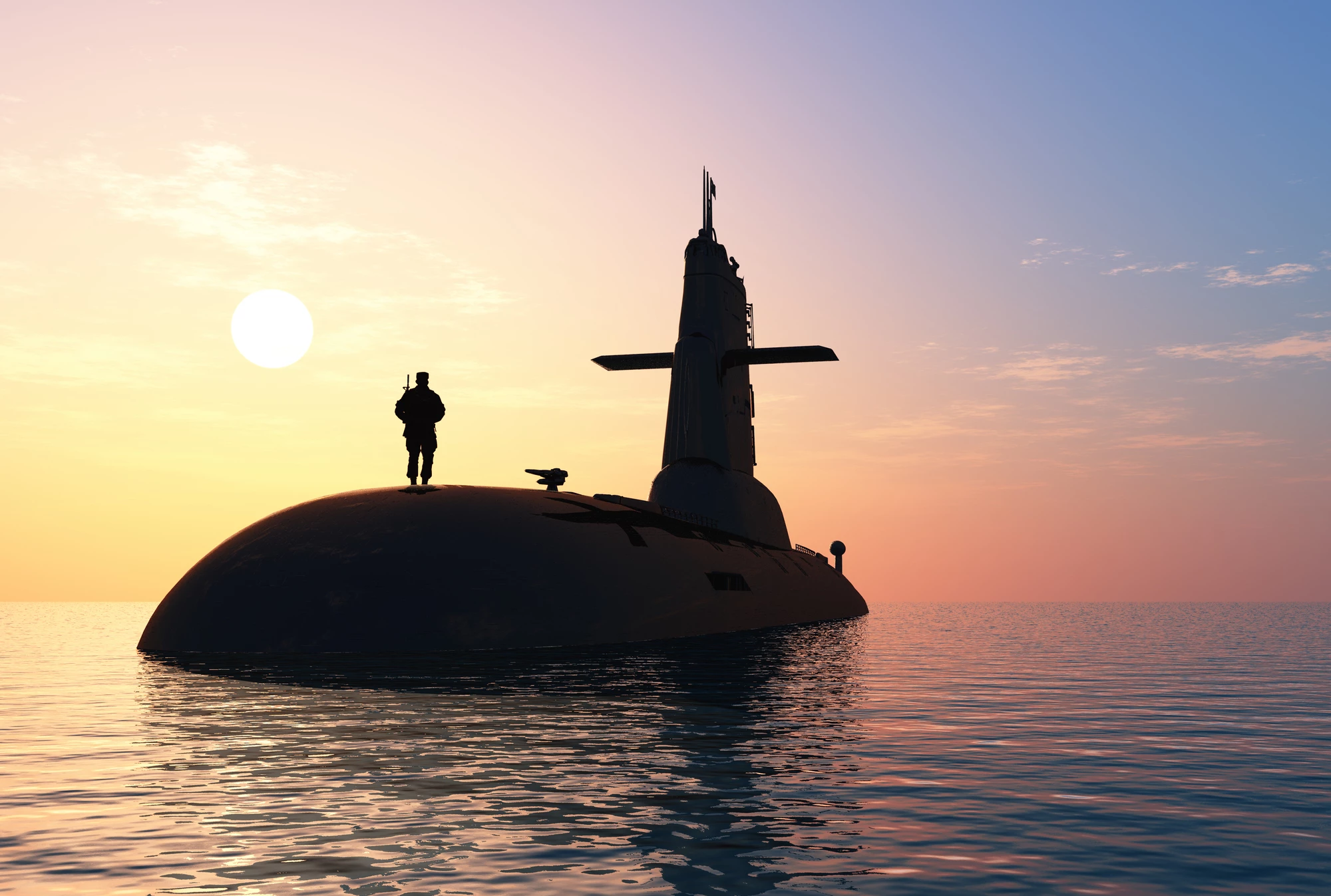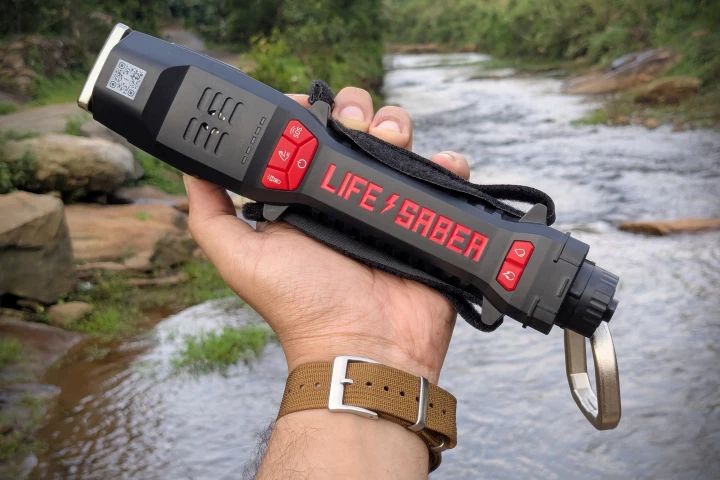The British government is investing up to £2.5 million (US$3.2 million) to begin the development of an extra-large autonomous submarine for the Royal Navy. Measuring 30 m (100 ft) in length, which is larger than the Boeing Orca eXtra Large Unmanned Underwater Vehicle (XLUUV), the new test sub will be used to study how to build and operate robotic submarines for regular naval service
Submarines are one of the most prized assets of a modern navy – and there's many a submariner who'll argue that they're the only ones that matter. With their ability to go almost anywhere in the world, a high degree of stealth, the ability to stay at sea for months at a time, and tremendous tactical and strategic firepower, modern submarines are extremely valuable to naval commanders.
Unfortunately, they are also extremely valuable in the bookkeeping sense of the word. A single submarine can cost billions of dollars to construct, more billions to operate through its service life, and billions more to train the officers and sailors needed aboard. This not only means that the most advanced submarine fleets are tiny compared to those of the last century, but they are also often too valuable to place in harm's way if it can be avoided.
To offset these disadvantages, the Royal Navy is keen on the idea of autonomous submarines that can act as force multipliers for the manned boats by taking on the jobs of surveillance, reconnaissance, and anti-submarine warfare.
To help develop future XLUUVs, the Ministry of Defence has awarded an initial £1 million (US$1.3 million) contract through the Defence and Security Accelerator (DASA) organization to Plymouth-based MSubs Ltd to investigate building a test submarine with a range of 3,000 nm (3,500 mi, 5,600 km). As the first phase of this, the Royal Navy’s Autonomous Underwater Capability program is working with the Navy and the Defence Science and Technology Laboratory (Dstl) on the feasibility of converting a manned submersible to autonomous operations. If initial tests are successful, additional funds will be allocated.
The contract was announced by the First Sea Lord, Admiral Tony Radaki, at the Underwater Defence & Security Symposium in Southampton. In a report by Forbes, Admiral Radakin said that Britain has no plans to expand its attack or missile submarines fleets and hopes that autonomous submarines will still allow the undersea fleet to expand and increase its capabilities.
Though 30 meters may seem small compared a 97 meter (318 ft) Astute-class submarine, an XLUUV is essentially a full-sized boat with the crew spaces removed. The autonomous submarines will be highly stealthy (especially without sailors aboard) and will be able to leave and return to the dock autonomously on voyages lasting three-months. Eventually, such craft will be able to take over many of the duties of their manned counterparts, freeing the latter for more important missions.
Not incidentally, such autonomous subs would also be cheaper to build and operate.
"I am enormously excited about the potential for remotely piloted and autonomous systems to increase our reach and lethality, improve our efficiency and reduce the number of people we have to put in harm’s way, Says Radakin. "These XLUUVs are at the forefront of underwater systems technology; UK technological developments such as this will be key to the Royal Navy maintaining its battle-winning edge in the underwater environment."
Source: UK Ministry of Defence





